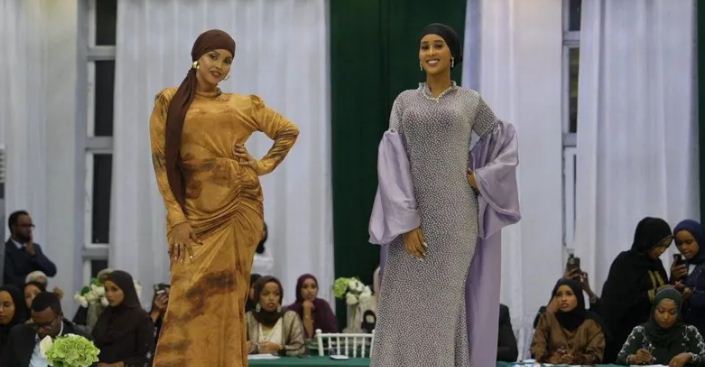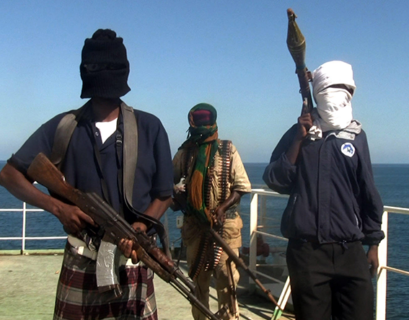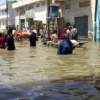In the wake of a car bombing just kilometers away, Mogadishu’s Elite Hotel played host to a spectacle that seemed incongruous with the strife-ridden reality of Somalia—the Miss Somalia beauty pageant. Against a backdrop of fear and violence perpetuated by al-Shabab, the event offered a glimpse into the stark contrasts defining life in one of the world’s most dangerous places, especially for women.

Hani Abdi Gas, the visionary behind Miss Somalia, dared to challenge societal norms and militant threats by providing a platform that celebrates beauty and resilience. Born in a Kenyan refugee camp and returning to Somalia with a mission, Gas aimed to uplift women from isolation and empower them through unity. Her initiative, while controversial in a conservative Islamic society, symbolizes a push for progress amidst entrenched gender inequality.
Criticism of the event, however, was swift and severe. Clan leader Ahmed Abdi Halane condemned it as a violation of Somali culture and Islamic values, equating participation in the pageant with familial shame. Such sentiments highlight the deeply rooted societal divisions and resistance to change, where traditional norms clash with evolving aspirations of Somali women.
For contestant Aisha Ikow, crowned amidst glittering gowns and applause, the victory was more than a personal triumph—it was a pledge to advocate against early marriage and promote girls’ education. Her vision mirrors a broader ambition to redefine Somali identity on a global stage, embracing culture while challenging restrictive social norms.
Yet, behind the glamour and optimism of Miss Somalia lies a sobering reality. Somalia, ranked last in the UN Human Development Index and grappling with pervasive gender inequality, remains plagued by staggering statistics of gender-based violence and female genital mutilation. The participation of women in public life, symbolized by the beauty pageant, contrasts sharply with the daily struggles faced by the majority, especially the displaced and marginalized.
The juxtaposition of a beauty contest amidst the chaos of bombings underscores a fragile semblance of progress in Somalia. The fact that such an event can take place at all signifies a shift in societal attitudes and a tentative step towards normalcy. However, this progress remains precarious, often overshadowed by the persistent threat of extremist violence and societal resistance to change.
The Miss Somalia competition serves as a microcosm of broader societal tensions and aspirations. It reflects a desire for empowerment and recognition, yet also underscores the deep-rooted challenges that hinder progress towards gender equality and human rights. While some celebrate the event as a symbol of resilience and defiance against extremism, others decry it as a betrayal of cultural values and religious principles.
In the midst of Somalia’s tumultuous journey towards stability and inclusivity, initiatives like Miss Somalia provide a glimpse into the complexities of societal transformation. They highlight the courageous efforts of individuals like Hani Abdi Gas and Aisha Ikow to challenge norms, amplify voices, and pave the way for a more equitable future.














jnvErhHiAKC
JSpoKtqQBOensEWg